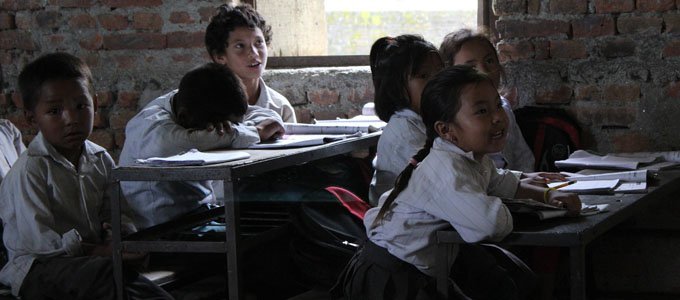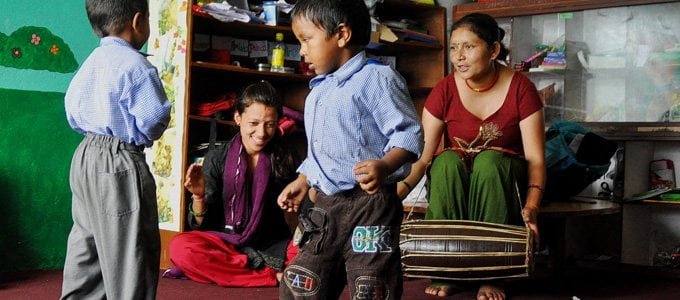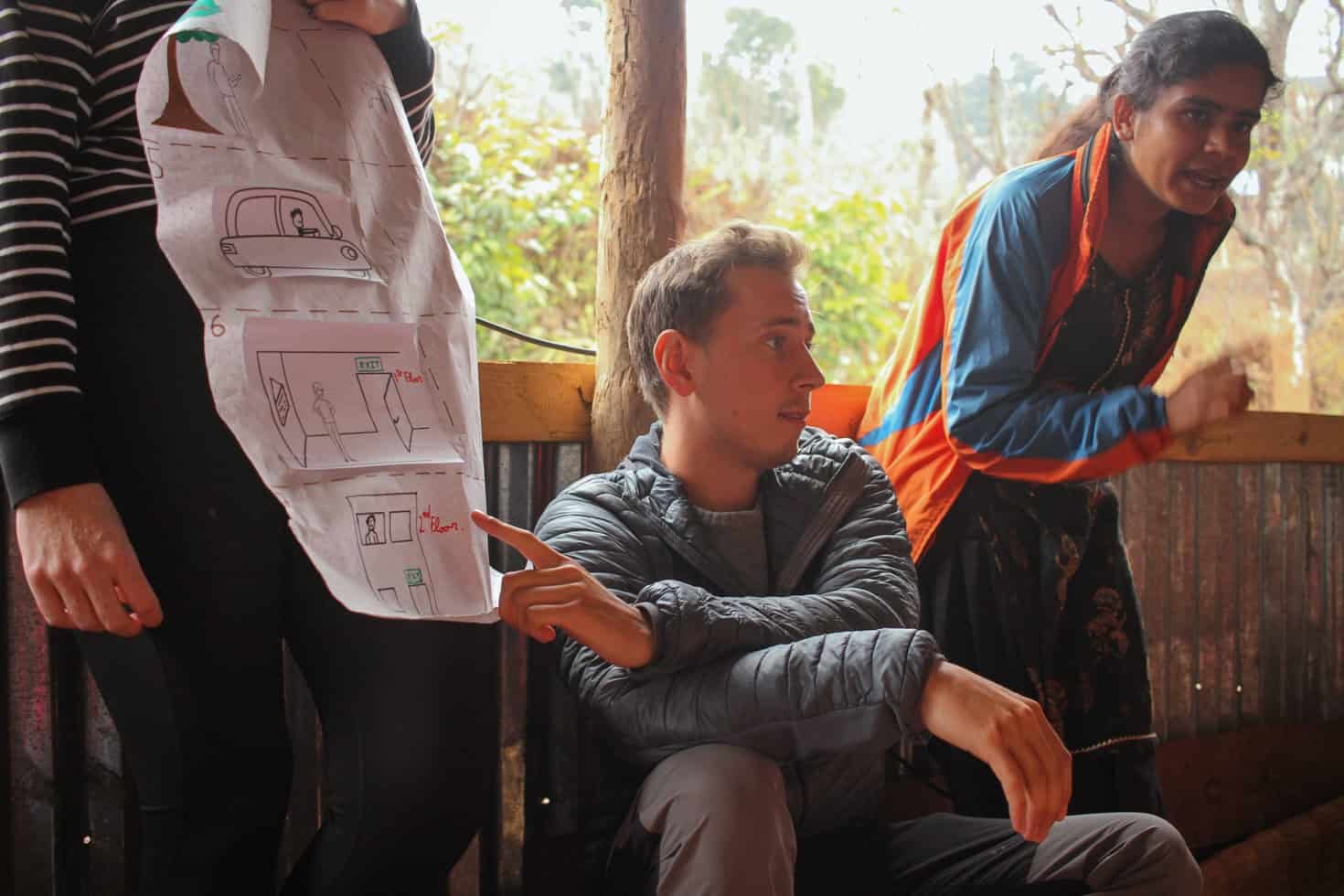Waste Management Volunteering Project in Nepal

Introduction to the Project
Nepal is a beautiful country with a rich culture and history. However, it is also a country facing a severe waste management problem. The country produces an estimated 2.2 million tons of waste each year, and only a tiny fraction of this waste is recycled or composted. The rest of the waste ends up in landfills or is burned, which pollutes the air and water and contributes to climate change.
This waste management problem is hurting the environment and the people of Nepal. Landfills are overflowing, and the resulting methane gas contributes to climate change. Air pollution from burning waste is causing respiratory problems, and water pollution from waste runoff contaminates drinking water supplies.
The Waste Management Volunteering Project in Nepal is an opportunity for you to make a difference in the lives of the people and the environment of this beautiful country. Volunteering your time can help reduce pollution, improve public health, and create a more sustainable future for Nepal.
Why Choose This Project?
There are many reasons why you should choose to volunteer for this project. First, the need for waste management assistance in Nepal is significant. As mentioned above, the country produces enormous waste yearly, and only a tiny fraction is recycled or composted. This means there is a great need for volunteers to help reduce waste and improve waste management practices.
Second, this project has the potential to make a real difference in the lives of the people and the environment of Nepal. Volunteering your time can help reduce pollution, improve public health, and create a more sustainable future for the country.
Third, this project is an excellent opportunity to learn new skills and gain valuable experience. You will learn about waste management practices, environmental sustainability, and community development. You will also be able to work with a team of dedicated and experienced volunteers.
Here are some statistics that illustrate the need for waste management assistance in Nepal:
- Nepal produces an estimated 2.2 million tons of waste each year.
- Only 10% of waste in Nepal is recycled or composted.
- The rest of the waste ends up in landfills or is burned.
- Landfills overflow and the resulting methane gas contributes to climate change.
- Air pollution from burning waste is causing respiratory problems, and water pollution from waste runoff contaminates drinking water supplies.
The SMART objectives for this project are to:
- Reduce the waste produced by 10% in VIN’s working areas in Nepal.
- Increase the amount of recycled or composted waste to 50%.
- Improve public health by reducing respiratory and waterborne illnesses.
- Create a more sustainable future for Nepal by reducing pollution and greenhouse gas emissions.
Link of the Project to The Sustainable Development Goals:
This project is aligned with the following Sustainable Development Goals (SDGs):
- SDG 3: Good Health and Well-being
- SDG 6: Clean Water and Sanitation
- SDG 11: Sustainable Cities and Communities
- SDG 12: Responsible Consumption and Production
- SDG 13: Climate Action
Examples of 11 Activities you will do as a volunteer for this project:
- Collect waste from households and businesses.
- Sort waste into recyclable and compostable materials.
- Recycle and compost waste.
- Educate the public about waste management practices.
- Work with local government to develop waste management plans.
- Promote the use of sustainable products and services.
- Research waste management issues.
- Develop new waste management technologies.
- Advocate for policies that support waste management.
- Raise awareness about the importance of waste management.
Five final impacts of this project on local communities in Nepal:
- Improved waste management practices and reduced environmental pollution.
- Increased awareness and participation of communities in waste reduction and recycling.
- Enhanced availability of waste collection and recycling facilities.
- Creation of sustainable livelihood opportunities through waste management initiatives.
- Contribution to the overall cleanliness and aesthetics of local communities.
Skills you will learn from this project
By participating in this project, you will acquire a diverse range of skills, including:
- Waste management principles and practices.
- Project planning and implementation.
- Community engagement and communication.
- Waste auditing and data analysis.
- Recycling and composting techniques.
- Environmental awareness and education.
- Policy development and advocacy.
- Research and innovation in waste management.
- Collaboration and teamwork in a cross-cultural setting.
- Problem-solving and critical thinking in waste management challenges.
- Sustainable development and responsible consumption.
Relevant Skills, Education, and Requirements
Volunteers for this project should ideally possess the following:
- Interest or background in environmental science, waste management, or related fields.
- Strong communication and interpersonal skills.
- Ability to work effectively in diverse teams and cultural settings.
- Physical fitness to participate in outdoor activities and waste handling.
- Basic computer literacy and data management skills.
- Willingness to learn and contribute to community development efforts.
- Respect for local customs, traditions, and cultural sensitivities.
- Minimum age requirement: 18 years.
Project Summary
Join Nepal’s Waste Management Volunteering Project and contribute to sustainable waste practices and environmental conservation. By actively participating in waste reduction, recycling, and awareness initiatives, you will positively impact local communities and the environment. Gain valuable skills, promote responsible consumption, and help create a cleaner and greener future. Sign up today and be part of this vital endeavour!









